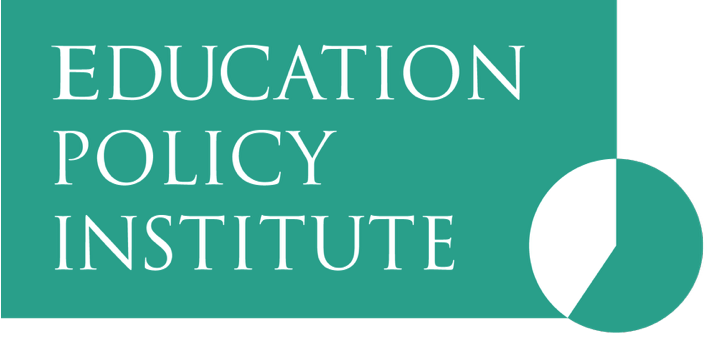This report examines which students are accessing extra-curricular activities during secondary school and the longer-term outcomes of students who do participate.
This study finds that:
- Vulnerable students were less likely to attend both sports clubs, and clubs for hobbies, arts and music, when compared to their peers. This includes students eligible for free school meals, those with lower prior attainment, and those with poorer health and special educational needs or disabilities.
- Participation in extra-curricular activities varies by school type. Students from independent schools were much more likely to attend sports clubs and clubs for hobbies, arts and music than those attending all other types of schools. Additionally, students in local authority-maintained schools were less likely to attend clubs for hobbies, arts and music than students in academies.
- Attending extra-curricular clubs during secondary school is associated with a range of positive outcomes when young people are in their early twenties. Students who attend clubs have a higher probability of progressing to higher education and being in employment, as well as higher levels of participation in sports. The research also finds an association between attending some kinds of clubs and self-reported poorer health as a young adult.
- Although the associations between club participation and outcomes persist after controlling for a wide range of student characteristics, we cannot be sure that participation itself caused the difference in outcomes. Other unmeasured characteristics could be contributing to the association.
EPI analysis adds to the existing evidence base that shows a range of benefits to extra-curricular activities but exposes concerning inequalities in access to these activities between different student groups.

